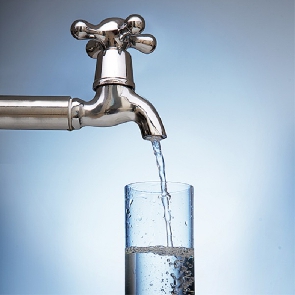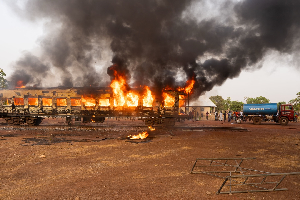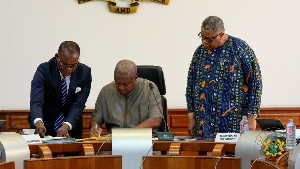A humanitarian organization, WaterAid Nigeria, Friday, warned that without access to clean water and hygiene practices Nigeria cannot defeat the deadly Coronavirus, COVID-19 pandemic.
This was the position of the organization in a press statement made available to Saturday Vanguard, where it pointed out that frequent and thorough handwashing with soap and water to halt the spread of COVID-19 and other infectious diseases that are well known remains one of the best preventive measures, yet many Nigerians are without these basic life-saving services, which 60 million Nigerians are without access to basic water supply and 150 million without access to handwashing facilities with soap and water.
It said: “The importance and effectiveness of frequent and thorough handwashing with soap and water to halt the spread of COVID-19 and other infectious diseases are well known, yet many in Nigeria remain without these basic life-saving services – 60 million without access to basic water supply and 150 million without access to handwashing facilities with soap and water.
“Handwashing with soap and clean water is one of the simplest and most cost-effective public health interventions and the first line of defense against the spread of diseases such as COVID-19. Much of the challenge of poor access to water, sanitation, and hygiene is experienced in the rural, small towns and urban slum areas of Nigeria and also among the poorest households and vulnerable and marginalised populations irrespective of locations.”
Meanwhile, the organization clearly stated that despite measures put in place to contain spread of the deadly virus there is no indication of it abating based on several factors.
“In spite of the measures put in place to curtail the spread of COVID-19 in Nigeria, there are no indications that the spread of the disease is abating. On the contrary, Nigeria is now experiencing massive community transmission of the disease.
“The inadequacy of palliatives provided to address the harsh economic reality of the pandemic, a lack of facilities and supplies for taking the necessary preventive hygiene measures and the apparent lack of compliance with hygiene and social distancing guidelines by many citizens stress the need for Nigeria to have a more holistic and coordinated approach to curtailing the spread of this disease”, it pointed out.
The organization also strongly urged the government to respond rapidly with WASH approach to curtail the spread of the virus without further delay. “Clean water, decent sanitation facilities, and good hygiene practices are an indispensable element in the fight to prevent the spread of the pandemic and the foundation that underpins almost all of the Sustainable Development Goals, particularly health.
“Therefore, in the face of this pandemic, water, sanitation, and hygiene (WASH) response is a healthy response. Strong health systems need strong WASH systems. We, therefore, call on the Federal Government to ensure representation from the Federal Ministry of Water Resources in its national response and on the Presidential Task Force on COVID-19.
“The Federal Government must also take urgent steps to fast-track the implementation of activities laid out in the National WASH Action Plan, leveraging on the Clean Nigeria: Use the Toilet campaign to drive and champion key hygiene behaviours crucial to halting the spread of COVID-19.
“Statistics show that only five per cent of healthcare institutions in Nigeria have access to combined water, sanitation, and hygiene facilities. We are calling on the government at all levels to ensure that all isolation, testing, and treatment centres have safely managed, reliable, and inclusive water, sanitation, and hygiene facilities to meet workers’ and patients’ needs in the fight against the pandemic.
“Urgent steps must also be made to ensure that all healthcare facilities across the country are provided with inclusive, equitable water, sanitation, and hygiene facilities.”
According to it the wealthiest households are more than ten times more likely to have access to basic water, sanitation and hygiene services than the poorest households; Only eight per cent of those in the rural areas have access to complete basic water, sanitation and hygiene services – compared to 18 per cent of people in urban areas; and millions in Nigeria, including about half of all rural dwellers, have to trek long distances and spend more than 30 minutes to get water and usually from unimproved sources.
The organization also added that “It is critical that interventions curtail the spread of the COVID-19 pandemic reach everyone, everywhere and we leave no one behind.”
Africa News of Friday, 8 May 2020
Source: vanguardngr.com
Nigeria needs access to clean water, hygiene practices to defeat coronavirus - WaterAid
Entertainment












